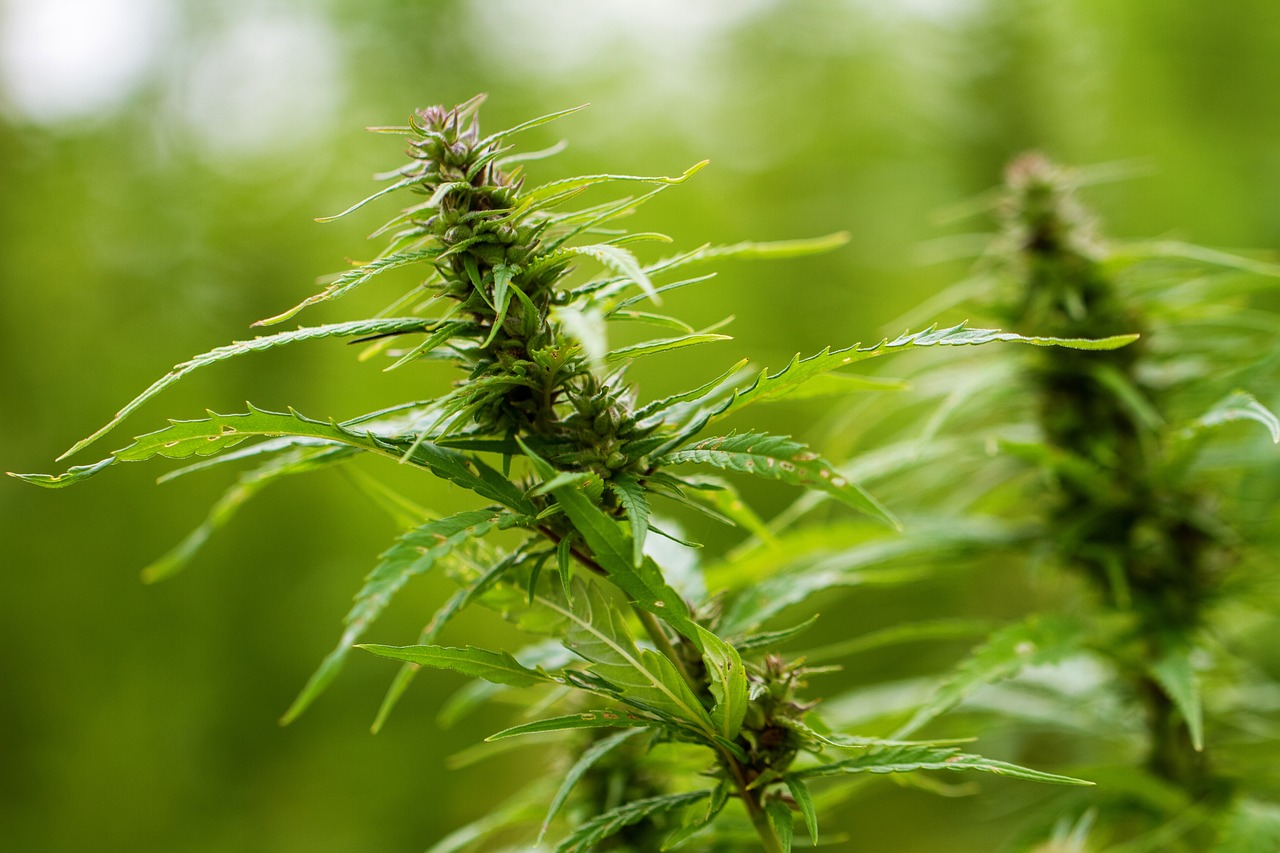The cannabis industry has seen significant evolution over the past few decades, with new products and compounds continually emerging. One such compound gaining attention is THCA (tetrahydrocannabinolic acid), the non-psychoactive precursor to THC. As the industry grows, understanding the potential of THCA flower for inflammation becomes increasingly important.
Understanding THCA and Its Benefits
THCA is found in raw cannabis and converts to THC when exposed to heat through a process called decarboxylation. Unlike THC, THCA does not produce a high, making it appealing for those seeking therapeutic benefits without psychoactive effects.
Potential Health Benefits
Research suggests that THCA may offer several health benefits, including:
- Anti-inflammatory properties, which could help with conditions like arthritis.
- Neuroprotective effects, potentially aiding in the treatment of neurodegenerative diseases.
- Anti-emetic properties, which may reduce nausea and vomiting.
- Appetite stimulation, beneficial for individuals with appetite loss.
These potential benefits position THCA as a promising compound for medical use, attracting interest from both consumers and researchers.
Market Trends and Consumer Demand
The cannabis market is witnessing a shift towards products that offer health benefits without psychoactive effects. This trend is evident in the growing demand for CBD products, and THCA flower is poised to follow a similar trajectory.
Consumer Preferences
Consumers are increasingly seeking natural and holistic remedies. THCA flower fits this demand by offering a non-psychoactive option with potential therapeutic benefits. This aligns with the broader wellness movement, where individuals prioritize health and well-being.
Case Studies and Examples
Several companies have started to explore THCA products. For instance, a California-based cannabis company launched a line of THCA-rich products, reporting positive feedback from consumers who appreciate the non-psychoactive nature of the compound. This example highlights the potential market for THCA flower as consumer awareness grows.
Regulatory Landscape and Challenges
The regulatory environment for cannabis products varies significantly across regions, impacting the development and distribution of THCA flower. Understanding these regulations is key for businesses looking to enter this market.
Current Regulations
In many areas, THCA is not explicitly regulated, as it is non-psychoactive. However, once it converts to THC, it falls under existing cannabis regulations. This creates a complex landscape for producers and sellers.
Challenges Faced by the Industry
Some challenges include:
- Navigating varying state and federal laws.
- Educating consumers about the benefits and uses of THCA.
- Ensuring product quality and consistency.
Addressing these challenges will be critical for the successful integration of THCA flower into the broader cannabis market.
Technological Advancements and Innovations
Innovation plays a significant role in the cannabis industry, and THCA flower is no exception. Technological advancements are paving the way for new methods of cultivation, extraction, and consumption.
Innovative Cultivation Techniques
Advancements in cultivation techniques, such as controlled environment agriculture, allow for the production of high-quality THCA flower. These methods ensure optimal growing conditions, resulting in a more consistent and potent product.
Extraction and Consumption Methods
New extraction technologies are enabling the development of THCA concentrates and edibles. These products offer alternative consumption methods, appealing to a broader range of consumers. For example, THCA tinctures and capsules provide a convenient way to incorporate the compound into daily routines.
Future Prospects and Opportunities
The future of THCA flower in the cannabis industry looks promising, with several opportunities for growth and development.
Expanding Research and Development
As interest in THCA grows, so does the need for further research. Expanding scientific studies will help validate the compound’s benefits and uncover new applications. This research will be instrumental in driving consumer confidence and market growth.
Potential for New Product Lines
The versatility of THCA allows for the creation of diverse product lines, from topicals to dietary supplements. Companies that innovate and diversify their offerings will likely capture a significant share of the market.
Conclusion
The future of THCA flower in the cannabis industry is filled with potential. As consumer demand for non-psychoactive, health-focused products rises, THCA stands out as a promising compound. With ongoing research, technological advancements, and a growing market, THCA flower is set to become a significant player in the cannabis industry. Businesses that navigate the regulatory landscape and innovate in product development will be well-positioned to capitalize on this emerging trend.
